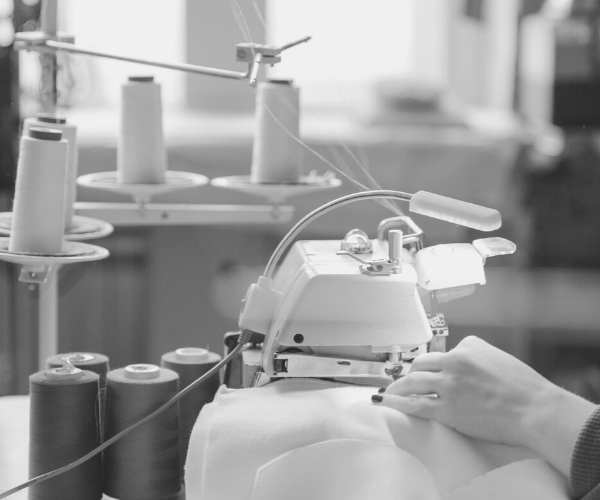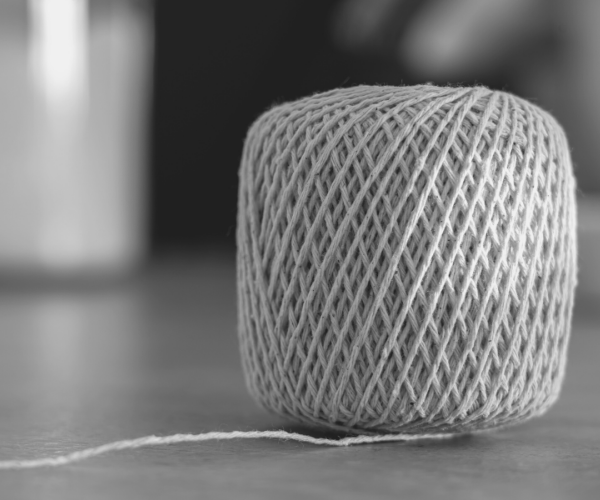
Background.
As clothing brands set ambitious targets and make promises to incorporate recycled fibres in their products, discarded textiles are piling up in abundance around the globe. However, less than 1% of textile waste is recycled into new textile fibres according to an Ellen MacArthur Foundation report published in 2017.
This miniscule percentage may seem odd given the ever-increasing demand for recycled materials and the overwhelming volume of discarded textiles. But there is a lack of knowledge regarding the technological, economic and environmental feasibility of recycling fibre mixtures which has prevented the fashion industry from achieving its desired circularity. There is a need to align the quality and cost of recycling processes with the demands of textile companies and fashion brands.
“Less than 1% of textile waste is recycled into new textile fibres.”
Introducing SCIRT.
SCIRT stands for System Circularity & Innovative Recycling of Textiles. Coordinated by VITO, an independent Flemish research organisation in the cleantech and sustainable development sector, SCIRT is a three and a half year EU-funded project that brings together 18 partners from five different European countries.
Main objectives.
The SCIRT project aims to demonstrate a complete textile-to-textile recycling system for discarded clothing—or post-consumer textiles—involving stakeholders throughout the value chain and focusing on the recycling of natural fibres, synthetic fibres and fibre blends. To reach this goal, the project has set four main objectives.
Brands in action.
With the support of technical partners and research institutes, clothing brands Decathlon, Petit Bateau, Bel & Bo, HNST and Xandres, will develop, prototype and produce six types of apparel using recycled fibres.
Formal wear
Casual wear
Sportswear
Underwear
Uniforms
A multi-faceted approach to closing the loop.
SCIRT will also develop solutions to support systemic innovation towards a more circular fashion system from a non-technological perspective. The project will support policy measures and tools to facilitate the transition towards a circular system for apparel. This includes a framework for an eco-modulated Extended Producer Responsibility (EPR) system and a True Cost Model to quantify circularity and increase value chain transparency.
Special attention will be given to the consumer perspective. Citizen Labs engaging consumers in various European locations, as well as a wider online engagement platform, will be developed to engage citizens throughout the project. This is in order to understand the perceptions, motivations and emotions shaping their behaviour regarding the purchase, use, and disposal of textiles.

